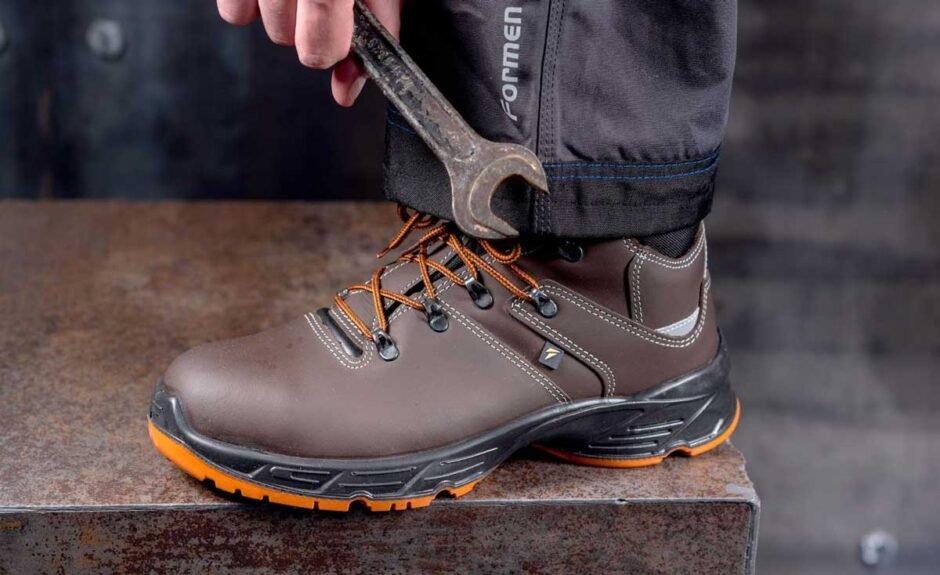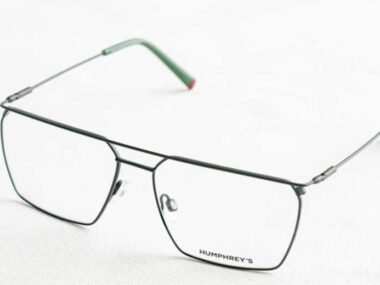In UAE stores you can find dozens of models of work shoes, and on each box there are mysterious letters – S1P, S2 or S3. For many construction or warehouse workers, these markings remain a mystery, which is why the choice is made “by eye”. But the right grade is the real protection against injuries and dangerous situations. If you want to buy safety shoes in Dubai and still be sure they are suitable for your application, it is important to understand what is behind these designations. This article will help you understand the EN ISO 20345 standards and help you choose the best option.
What do the safety classes mean?
Each class of safety footwear according to EN ISO 20345 is a set of specific features that define the level of safety. The higher the class, the more features it includes.
- S1P – underfoot up to 200J for toe protection, anti-static, heel cushioning and an anti-puncture insole for protection against sharp objects.
- S2 – everything the S1 has, plus a moisture-wicking upper that protects feet from water and liquids while maintaining breathability.
- S3 – the full functionality of the S2, complete with an anti-puncture insole and deep-tread outsole for reliable traction on the construction site and in challenging conditions.
The choice between S1P, S2 and S3 depends on your working environment and the risks you face on a daily basis. The more precisely the shoe grade matches your environment, the greater your safety and comfort at work.
A detailed breakdown of the grades: which one do you need?
S1P – Reliability for dry environments
This class is suitable for all those who work in areas where there is no moisture, but where there is a risk of punctures. S1P footwear combines lightness, ventilation and basic protection, including protection against injuries caused by contact with sharp objects.
Where to use in UAE: warehouses, logistics centers, dry production halls.
An example from TALAN: the brand’s lineup includes lightweight and breathable S1P models that allow feet to stay cool even in hot environments.
S2 – moisture protection
The difference between the S2 and the S1P is a moisture-wicking upper, but without the anti-puncture insole. This is a solution for those who work where there may be frequent contact with water or detergents.
Where to use in UAE: car washes, food industry, warehouses with high humidity.
Example from TALAN: S2 models provide comfort and dryness even during hours-long shifts.
S3 – maximum protection for the construction site
The S3 combines waterproofing, an anti-puncture insole and a durable SRC outsole with deep tread. This class of footwear is designed for the toughest conditions.
Where to use in the UAE: construction sites, road work, outdoor assembly work.
Example from TALAN: many S3 models are specifically designed for construction workers and take the Gulf climate into account, from the heat-resistant HRO outsole to the composite midsole that won’t heat up in the sun.
How to make the right choice?
Match the class to your work environment:
- S1P. Suitable for use in dry warehouses where there is no contact with moisture.
- S2. The choice for wet environments without the risk of stepping on sharp objects.
- S3. Optimal for construction sites, street work and areas with sharp materials.
Remember: choosing a grade is a balance between comfort, protection and the specifics of your work environment.
What is important to remember when choosing footwear
The right safety footwear is an investment in the safety, health and performance of you or your employees. Conforming to EN ISO 20345 class ensures that the footwear has been tested and is ready for stress.
Whether you need S1P, S2 or S3, make sure it is adapted to the UAE climate. An example of this approach is TALANprotective footwear, which offers solutions for every industry, from warehouses to construction sites in Dubai.










